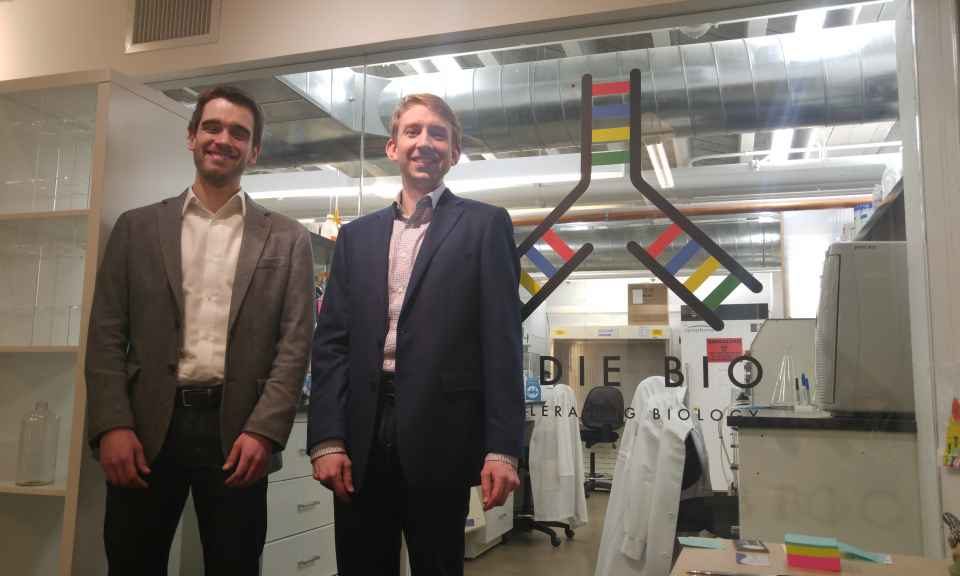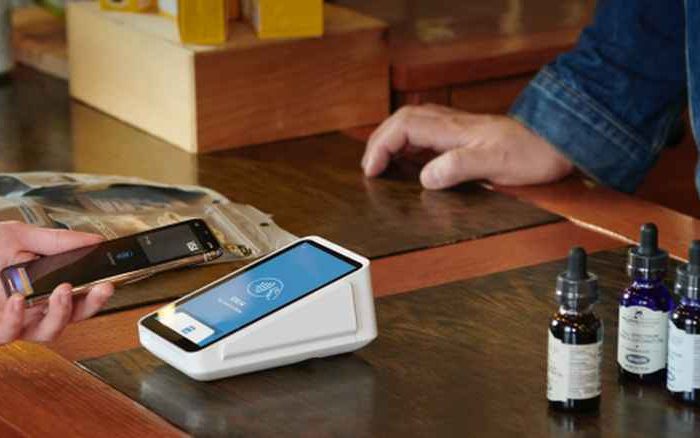Microbiome startup BiomeSense closes $2 million in seed round to develop tools for daily gut microbiome tracking

BiomeSense, a microbiome startup developing a novel biosensor and analytics platform for daily gut microbiome tracking, has raised $2 million seed funding round to complete its prototype biosensor and data modeling platform in preparation for first clinical trials, scheduled for 2020. The round was led by BioX Clan, which specializes in early stage funding for new bioscience technologies. Other investors included Seerave Foundation and SOSV, which was following up on its pre-seed investment in BiomeSense via the biotech accelerator program, IndieBio.
Founded in 2018, the Chicago, IL-based BiomeSense is revolutionizing human microbiome research by developing novel technologies to enable investigators to collect, store, and analyze the daily microbiome profiles of clinical trial participants in a low-cost, scalable way. By enabling daily profiling, the platform allows investigators the unprecedented ability to tie microbiome changes directly to clinical outcomes in real time, dramatically increasing the research discovery potential.
“The human microbiome is the next frontier of precision medicine with enormous possibilities for improving our health,” said Kevin Honaker, BiomeSense co-founder and CEO. “Understanding how and why the microbiome changes over time is key to fully unlocking that potential, but today, getting continuous data at a reasonable cost is impossible.
“Now, thanks to the confidence of our funding and research partners, we’ll be able to launch the first-ever solution to that problem in human trials next year.”
“We’re delighted to be leading BiomeSense’s seed round,” said Ho Joon Lee, CEO of BioX Clan. “Their ground-breaking approach to continuous microbiome analysis has the potential to revolutionize the diagnostic use of microbiome data and bring tangible benefits to human health.”
With the seed funding, BiomeSense will complete its prototype biosensor and data modeling platform in preparation for first clinical trials, scheduled for 2020. Those trials were oversubscribed within weeks of their availability, reflecting the widespread support BiomeSense has received from the research community since its launch from the Polsky Center at the University of Chicago.
Indicating the breadth of the impact a better understanding of the gut microbiome can have on human health, those trials will investigate cancer progression, immunotherapy response, surgical recovery and athletic performance.
“We have barely scratched the surface of understanding the power of the microbiome,” said Dr. Jack Gilbert, BiomeSense co-founder and principal investigator. “Recent work by the Human Microbiome Project and others has shown that to fully understand microbiome–disease interactions, we need large-scale studies that track microbiome changes over time, but until now we haven’t had the tools to make those possible.”
BiomeSense is developing an at-home biosensor to produce continuous gut microbiome data and a cloud-based analytics platform to turn that data into actionable clinical insights. The company provides this solution to scientists studying the microbiome, delivering dramatically more data over the course of a trial than currently available and enabling an unprecedented understanding of how short-term changes in the microbiome influence clinical outcomes.

